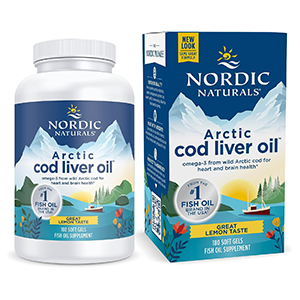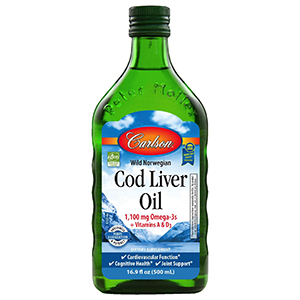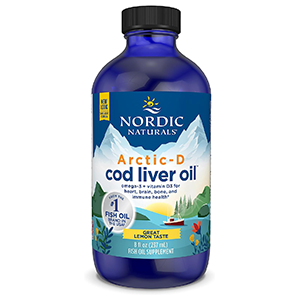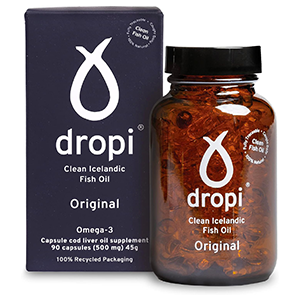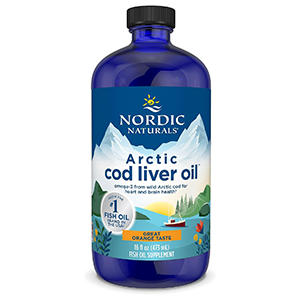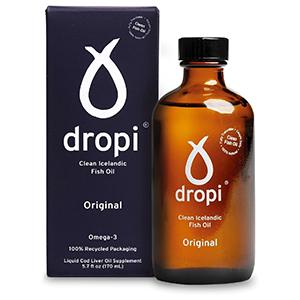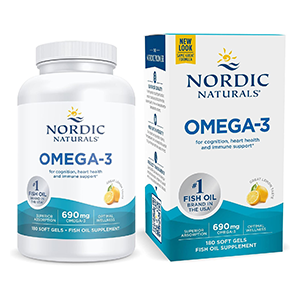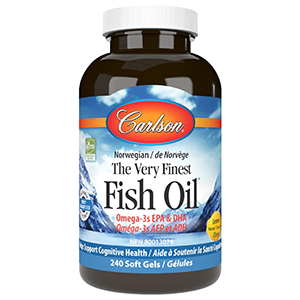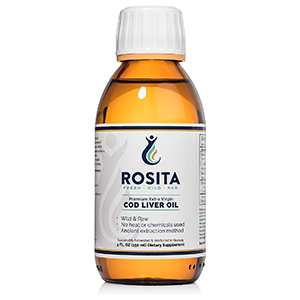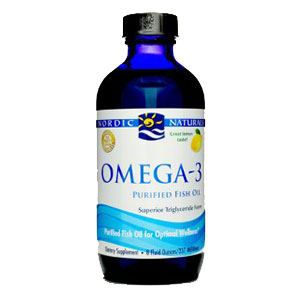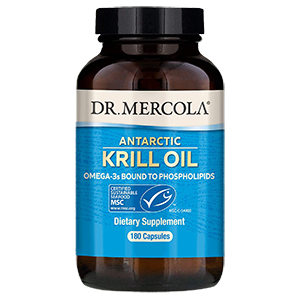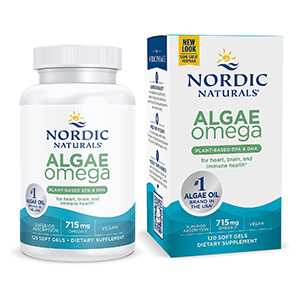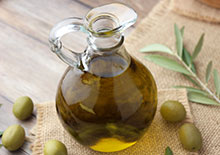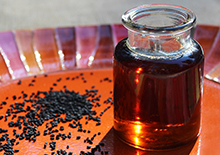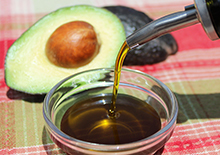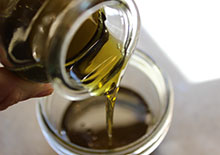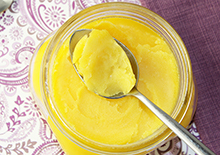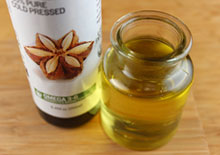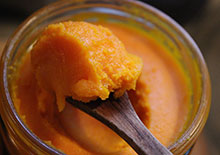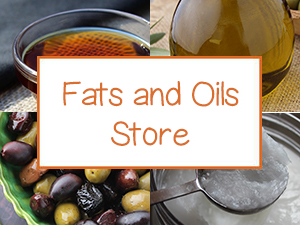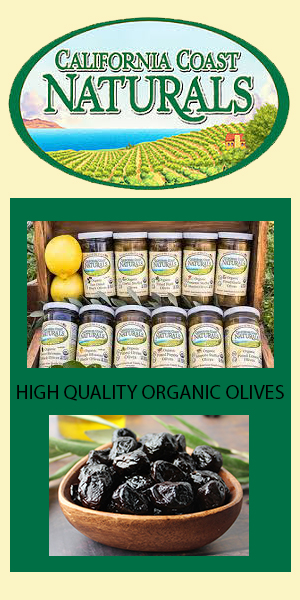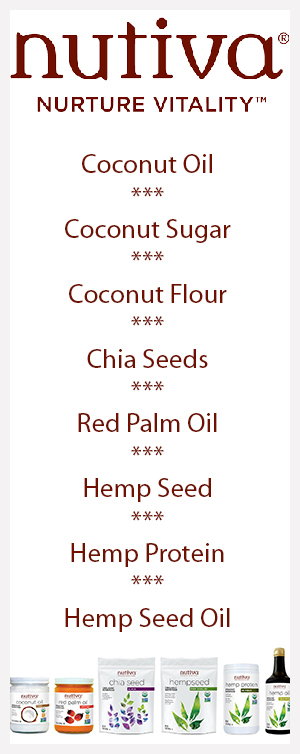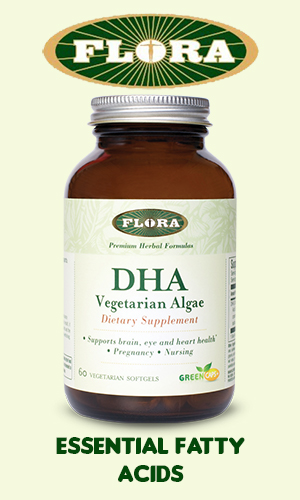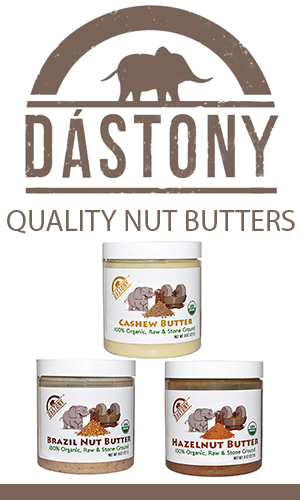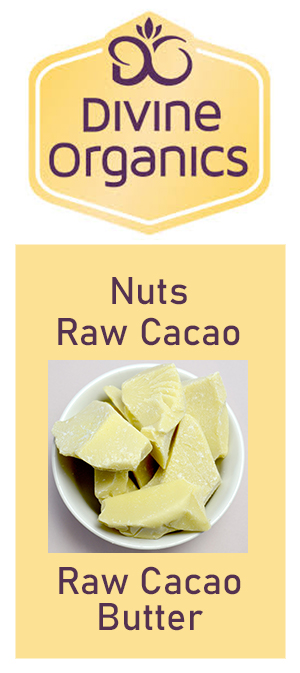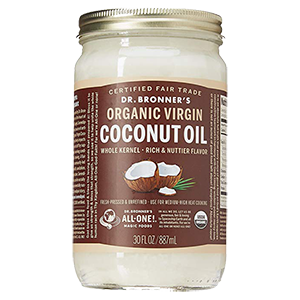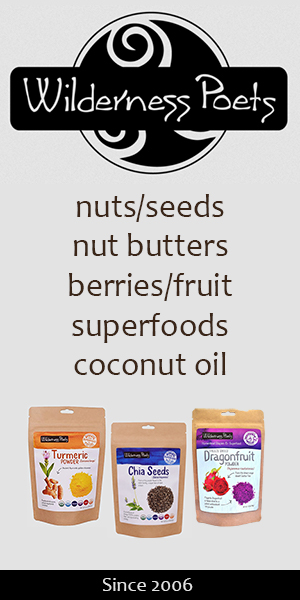Cod Liver Oil Benefits and Comparison to Fish Oil
Intro | Cod Liver Oil Benefits | Cod Liver Oil Vs Fish Oil | Dosage | Purchasing Supplements | About Oil Processing | Fermented Cod Liver Oil | Precautions | Shop
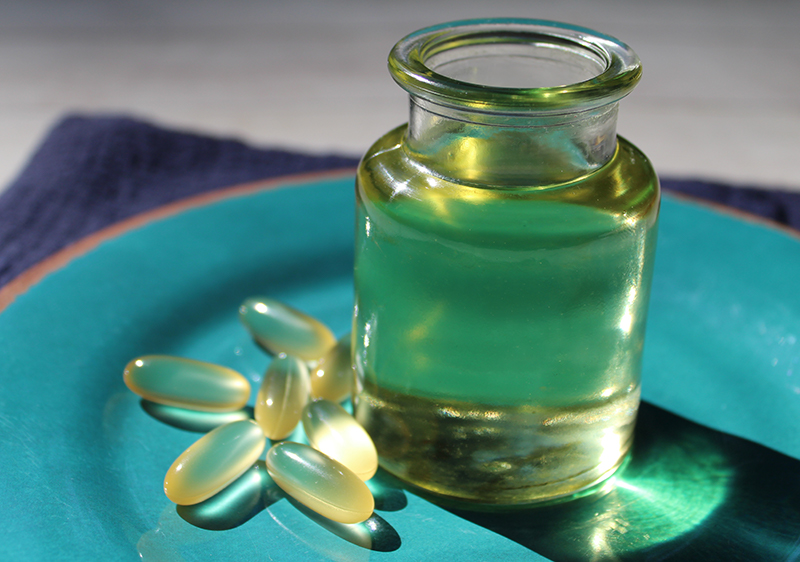
Cod liver oil is made, as the name implies, by extracting the oil from the liver of the North Atlantic cod fish (Gadus morhua) where nutrients are most concentrated.
Used as a common household nutritive supplement, consuming cod liver oil has been a Nordic tradition for centuries, helping one to endure these colder Arctic climate zones.
Table of Contents
Intro | Cod Liver Oil Benefits | Cod Liver Oil Vs Fish Oil | Dosage | Purchasing Supplements | About Oil Processing | Fermented Cod Liver Oil | Precautions | Shop
Historically, there have been several methods utilized to extract the oil.
Fisherman were known to use fermentation methods, stacking the livers from cod in large barrels and eventually collecting the yellow or brown oil that would rise to the top.
In 1850, another process was invented by Peter Möller whereby the liver was ground, simmered and the oil is skimmed from the top and purified.
Today, higher quality oils utilize other modern-day extraction techniques based on The Möller Process, but we'll share more about this later on this page.
Here are the top cod liver oil benefits, some considerations about dosage, plus the major differences between cod liver oil vs fish oil as there are some advantages and disadvantages to both.

Cod Liver Oil Benefits
#1) Omega-3 Fatty Acids
Cod liver oil is a source of the omega-3 fatty acids known as EPA (eicosapentaenoic acid) and DHA (docosahexaenoic acid). These are the good fats that we all need to include in the diet in small amounts.
They are essential for offsetting the sometimes pro-inflammatory effects of omega-6 fatty acids, (or linoleic acid), which tend to be over-consumed especially in the average Western diet.
The major source of EPA and DHA is without a doubt cold-water fish that get their omega-3's from the intake of marine algae and phytoplankton and/or the consumption of smaller fish that feed on them. The problem with consuming omega-3-rich fish like cod, salmon or tuna is that you also may be taking in potential contaminants like heavy metals which tend to concentrate in seafoods.
That is one of the upsides of taking a high-quality cod liver oil (or fish oil) supplement, either as a liquid oil or softgel capsules, they're always purified of toxins.
You generally can't easily get these two essential omega fatty acids from plant-based foods which contain omega-3 in the form of ALA (alpha-linolenic acid), which doesn't efficiently convert to EPA or DHA for most people.
So, for strict vegans or vegetarians other options may be more appropriate. You can get omega-3 EPA and DHA directly from marine algae (Schizochytrium) instead, offered as an encapsulated marine algae oil supplement. Likewise, krill oil made from krill, a shrimp-like species that's lower on the food chain, might also be another alternative for some vegetarians.
#2) Joint Health
Cod liver oil and its anti-inflammatory attributes have been utilized as a folk remedy for centuries in many Nordic countries to relieve painful arthritic conditions and support joint health, sometimes useful for swelling or stiffness.
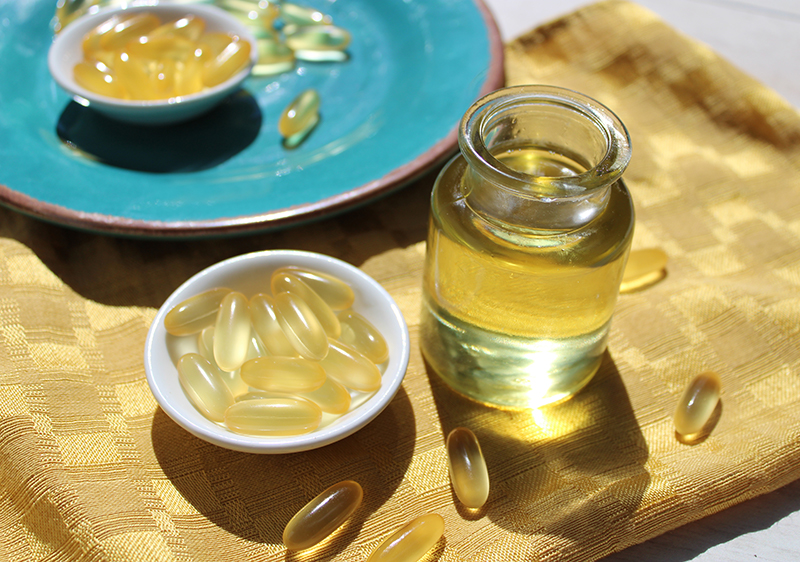
#3) Cognitive Benefits
The high amount of DHA in cod liver oil is known to benefit cognitive health and the central nervous system.That's because DHA is the main structural compound that is found in the human brain and cerebral cortex.
When these bodily functions are replenished through proper nutritional uptake there is a reduced risk of neurological issues such as depression and cognitive decline.
Cod liver oil also contains the valued vitamin D3 nutrient and for that reason alone has been a long-valued supplement in Northern climate zones that get less sunlight. In addition, it’s generally useful for people who don’t get outside in the sun.
Adequate vitamin D3 levels in the body are believed to have neuroprotective properties.
#4) Eyesight, Skin and Bones
Cod liver oil offers nutritive support for maintaining healthy skin and vision because of its vitamin A content, which is especially concentrated in the liver organ. DHA is also a component found in the skin and retina of the eye and cod liver oil has been a valuable source of nutrition is this regard.
Vitamin A is an essential nutrient for healthy eyesight, made evident by low levels causing disorders like night blindness. Supplementation with cod liver oil has been used as a household remedy for skin dryness and things like psoriasis.
It's mentioned vitamin D3 is also essential for proper calcium uptake and providing strong bones and teeth.
#5) Cardiovascular Support
Cod liver oil, and its omega-3 content, has long been researched for its potential benefits to the cardiovascular system.
In the results of one study, it was identified to support reduced LDL cholesterol in patients with high cholesterol.
Keep in mind, it’s always best to consult a medical professional before adding cod liver oil to the diet if you have cardiovascular health conditions.
#6) Balances Omega-6
Omega-3 fatty acids in the form of DHA and EPA act as anti-inflammatory assistants, helping to counteract the pro-inflammatory effects of LA omega-6 fats which are in a lot of foods and oils.
Omega-6's are especially concentrated in refined vegetable oils like soybean oil, sunflower oil, safflower oil and canola oil. They are also found in abundance in grain-fed meat protein and dairy products because animals eat LA-rich foods that concentrate in the flesh, fat and milk.
Omega-6 fatty acids aren't bad fats, it’s just that in a typical Western diet, for example, people tend to overconsume them. A diet high in omega-6 can cause inflammation in the body and over time causes related health conditions sometimes believed to be the root cause of many diseases.
This can of course be corrected somewhat by consuming less refined vegetable oils and more pasture-raised meat and dairy.
It is also balanced when omega-3's are consumed in proper proportion to omega-6 fats. The general standard for this is between a 4:1 or 2:1 ratio of omega-6 to omega-3. This means that for the number of omega-6 foods you consume, you would need to eat at least 1/4 or 1/2 that amount in omega-3's.
That's where fish oil supplements can come in handy as they are especially concentrated in these beneficial nutrients and you only need to consume very small amounts to optimize this equation.
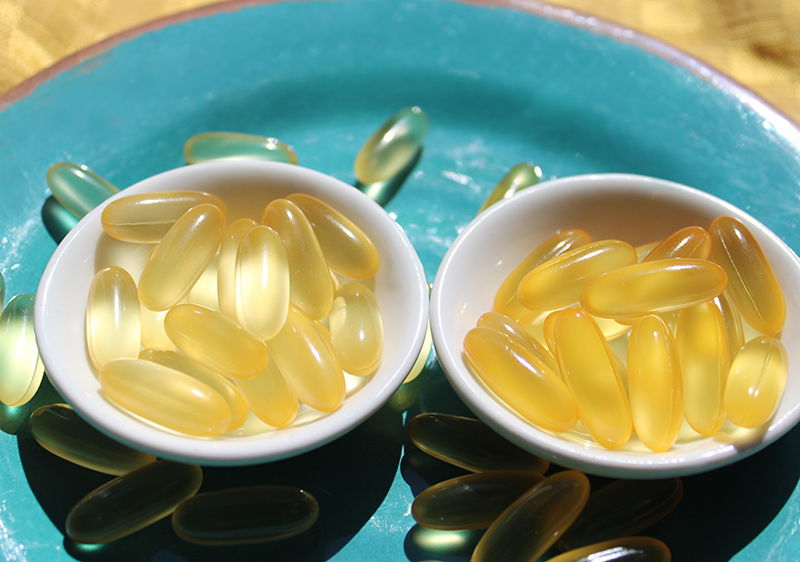
Cod Liver Oil Vs Fish Oil
What are the big differences between cod liver oil and fish oil?
1) The Source
For one, cod liver oil is only from one fish: cod. Fish oil, often marketed simply as "Omega-3", is typically extracted from small fish like anchovies, herring, mackerel or sardines.
But today, wild-caught salmon, is sometimes used.
Some fish oil manufacturers may also include cod liver in their fish oil product.
2) Omega-3 Fats
Generally, fish oil overall contains more total omega-3 fatty acids than cod liver oil. When comparing supplement labels from two different brands, the DHA in both oils turns out to be relatively similar.
The biggest difference is that there appears to be quite a bit more EPA in fish oil than cod, which is reflected in the total omega-3 numbers.
3) Vitamin D
As far as nutrition goes, cod liver is known as one of the best sources of vitamin D, often top on the list of food-based vitamin D3. However, sometimes processing methods can remove small amounts of this nutrient, so some manufacturers add it back in. This is indicated on product labels as cholecalciferol, identical to the D3 absorbed through skin from sunlight. Vitamin D that's derived from cod will say something like "Vitamin D (from Cod Liver)" on the bottle label. Fish oils don't typically contain much vitamin D unless it is added in.
4) Vitamin A
The liver of the cod species is very high in vitamin A, which is not found in smaller fish in significant amounts. But, again, the amount of naturally occurring vitamin A in cod liver oil depends on extraction methods. Vitamin A in the form of retinyl palmitate is sometimes added when processing tends to remove some of this vitamin. Product labels will indicate "Vitamin A (from Cod Liver)" or "Vitamin A (retinyl palmitate)".
Which is Better, Fish Oil or Cod Liver Oil?
Which type you might want to supplement with depends on what you’re taking it for.
Since cod liver oil benefits always contains some vitamin D, if you get plenty of this nutrient either through dietary sources or natural sunshine on the skin, fish oil (without vitamin D3 added) might be a better option. Too much vitamin D3 can be toxic to the body and interfere with calcium absorption.
Likewise, if your diet already includes plenty of vitamin A rich foods, a cod liver oil supplement might produce too much Vitamin A which can be also toxic if over-consumed. As a fat soluble vitamin, an excess can build up in body fat and cause liver damage. Vitamin A supplementation is also not recommended for pregnant women.
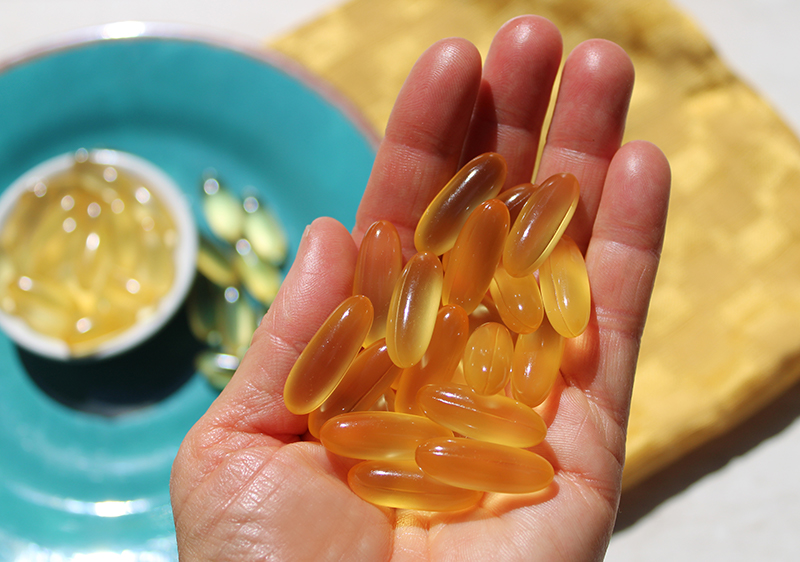
Considerations About Omega-3 Dosage
When it comes to fish oil supplements more is not necessarily better. One of the adverse reactions of taking too much is abnormal bleeding and impaired regulation of glucose levels or immune function. (*)
The safety limits advised by the FDA are up to 2 grams/day (or 2,000 milligrams) of total combined DHA and EPA from fish oil supplements.
But according to the EFSA (European Food Safety Authority) supplements with a combined EPA/DHA total of 5 grams (or 5,000 milligrams) a day for adults do not raise safety concerns.
Make sure to check the milligrams of total omega-3 per serving on supplement labels as each product contains different ratios that can widely vary.
Generally, between 500-1000 milligrams daily is a good amount for healthy adults simply wishing to balance dietary intake.
Usually, for liquid oils, one teaspoon (5 ml) is the daily serving size, so you might need to take about half this amount.
Dose, however, can largely vary upon unique individual needs that factor in such things as current diet, living environment and lifestyle choices. Pregnant women also need about 200 milligrams more DHA a day to provide for the growing needs of the baby.
For others consuming a high omega-6 diet or those who have various health issues you might also need to take more. It really depends on your current state of health as well as age and specific conditions you’re taking it for.
Purchasing Quality Supplements
There are several synthetic medications of EPA and DHA made from things like omega-3 ethyl esters, which are cheaper to produce. Cod liver and fish oil supplements, however, come straight from the source of EPA and DHA, containing naturally absorbable triglycerides. In some research, the triglyceride form was found to increase EPA/DHA higher and much faster than the ethyl ester form.
When it comes to purchasing fish oils like cod liver oil, we always like to go with quality manufacturers that produce their oils directly and have a long-standing reputation in the fish oil industry. They are frequently a little more expensive but well worth it in our opinion.
Typically, most quality fish oil products are sustainably sourced from the Norwegian Arctic Sea or North Atlantic Ocean, pristine environments with an abundant fish supply.
About Fish Oil Processing
Fish oils must go through a purification process to remove any
potential contaminants and also create a product that is shelf stable. Liquid oils will often need to be refrigerated after opening.
One of the ways this is achieved is by using "molecular distillation" patented methods and processes using steam not solvents, frequently in an oxygen-free nitrogen-rich environment to minimize oil degradation and oxidation.
There are also a handful of manufacturers that produce fish oil products using cold-water processing techniques which are claimed to produce an extra virgin fish oil.
What is Fermented Cod Liver Oil?
Interestingly, in the book Art of Fermentation, Sandor Katz has a section discussing this old-time method that was used for centuries in places like Norway.
It is one of the traditional methods used to produce cod liver oil which involves "fermenting" the whole cod fish in barrels for sometimes a period of months. The oil rises to the top and is skimmed off. The end result is a yellow-brown color oil with the classic cod liver fishy taste.
There are today some suppliers that still "ferment" their cod fish to produce their supplements.
There is some controversy about whether this is a viable method of processing. Some believe that it allows the oil to separate without damaging the fats or nutrient content.
Others, however, question the rancidity levels of the final
product as the fish is stacked in vats for months at a time, exposing the oil to oxidation.
Precautions:
Both fish oil and cod liver oil are generally considered safe, but should not be used in excess over the recommended daily serving size limit. Supplementation is best avoided if you have a seafood allergy. Consult your healthcare practitioner before use if you are pregnant, nursing, taking any medications (like blood thinners) or if you have a serious health condition.
Shop Related Products (About Affiliates & Amazon Associate Paid Links)
Affiliate Disclaimer: This section contains affiliate product links. If you make a purchase through our recommended links, we receive a small commission at no additional cost to you. Thanks for the support.

